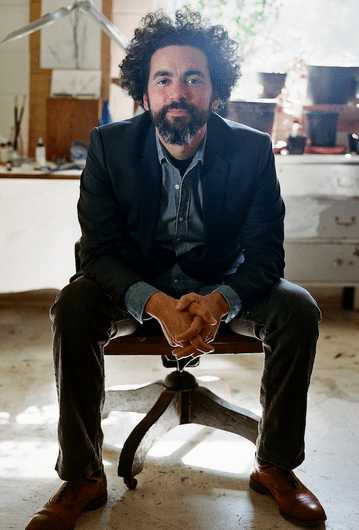 We are not discussing gospel today just because someone says we should. There is a widespread conviction that what many understand the gospel to be is not what the gospel is — in other words, many think we have to begin all over again and construct our theology and our praxis on the basis of the gospel.
We are not discussing gospel today just because someone says we should. There is a widespread conviction that what many understand the gospel to be is not what the gospel is — in other words, many think we have to begin all over again and construct our theology and our praxis on the basis of the gospel.
One of the most common letters I get from readers asks this question: “Since the old gospel of the four spiritual laws [or something along those lines] isn’t square enough with the Bible, with the Bible’s Story and with the kingdom vision of Jesus, how now do we evangelize? What do we say?” And, what do you think of their four on-ramp kernel ideas for gospeling today?
One of the finest introductions into this discussions can be found in David Fitch and Geoff Holsclaw’s book called Prodigal Christianity: Ten Signposts into the Missional Frontier. In the chp called “Signpost Six” they examine “Gospel,” with the subtitle “Making all things right: the journey into redemption.” Their four on-ramps — see below — are excellent examples of where to go when evangelizing in a post-thin-gospel era.
But before we get to their four on-ramps, they begin with a typical story: a man named Dustin prays to discern what God is doing at Starbuck’s where he works, a woman asks for his confidence to tell him her story about life imploding at the core, and he’s not sure where to go because he’s learned — what Fitch and Holsclaw — little more than the 16th Century gospel designed to meet 16th Century’s needs.
Then they poke around into Brian McLaren’s “kingdom” gospel about what God wants to do for this world… and then they contend that both tell good things but neither tells enough. What the first excludes the second includes, what the second includes the first excludes — so they are arguing for a holistic gospel. The former is shaped totally toward guilt and the second too much toward what we do to establish kingdom justice.
They point toward Tom Wright and yours truly as exponents of a holistic gospel. “The Son … is reestablishing a kingdom of renewal, reconciliation, and blessing” (86). The gospel deals with “spiritual separation from God, relational alienation from others, physical and emotional estrangement from oneself” (87). Their focus is a little more on the impact of the gospel — the holistic saving impact — than on christology first and foremost, but their emphasis on a holistic healing is more than welcome. They also focus on Romans 1-5 in a Tom Wright mode of explanation.
In an effort to make the gospel work in our world they met as a congregation for eight Sundays to discuss this and found four on-ramp approaches for evangelizing a kingdom gospel:
1. “God is reconciling you in all your relationships.”
2. “God is at work.”
3. “God has put the power of sin to death and is calling you into life.”
4. “God is calling you into mission.”
I’d add one, and make it first: “Pride, selfishness, and the Ego deconstructs us but Jesus, and life under King Jesus, the King — the Lord — the Savior, restores us under God to a new kind of life.”











